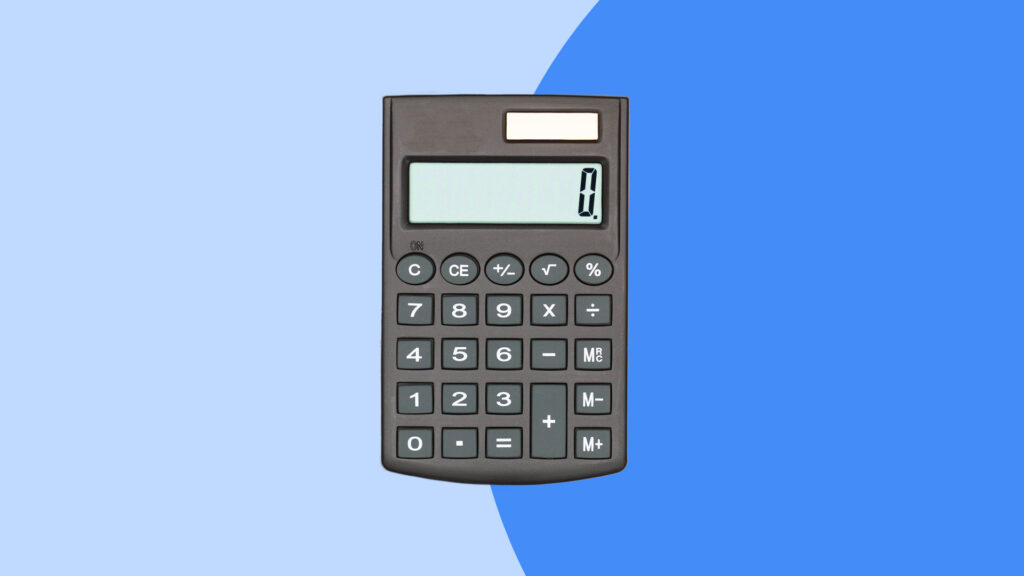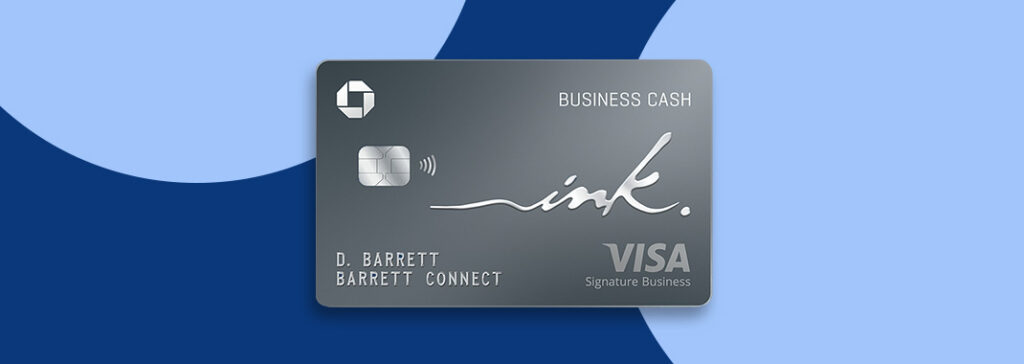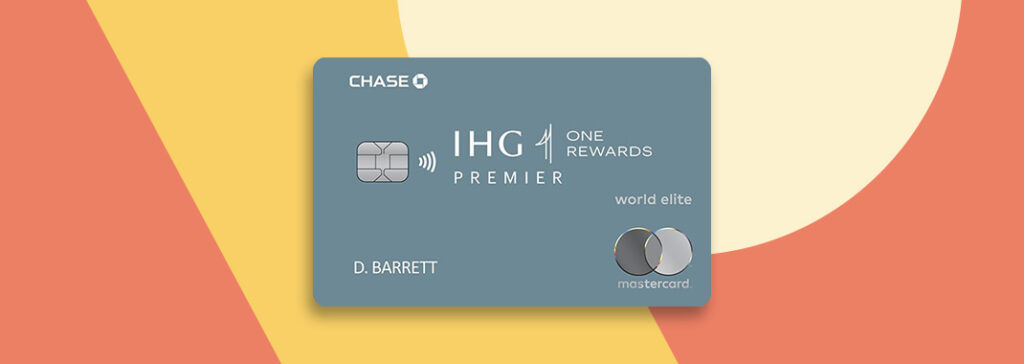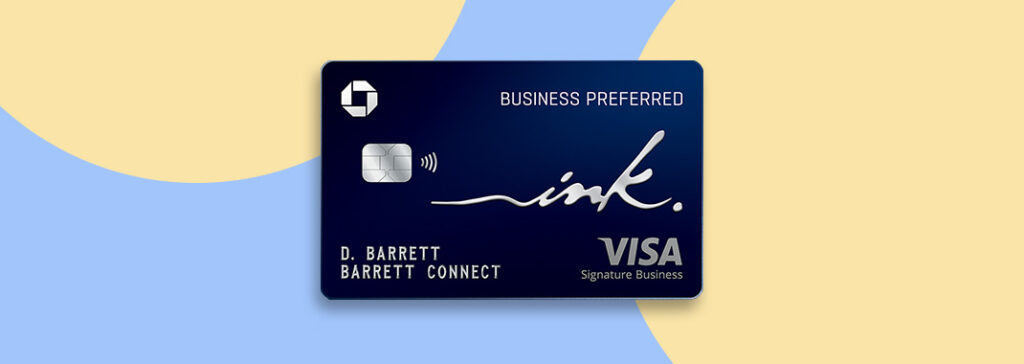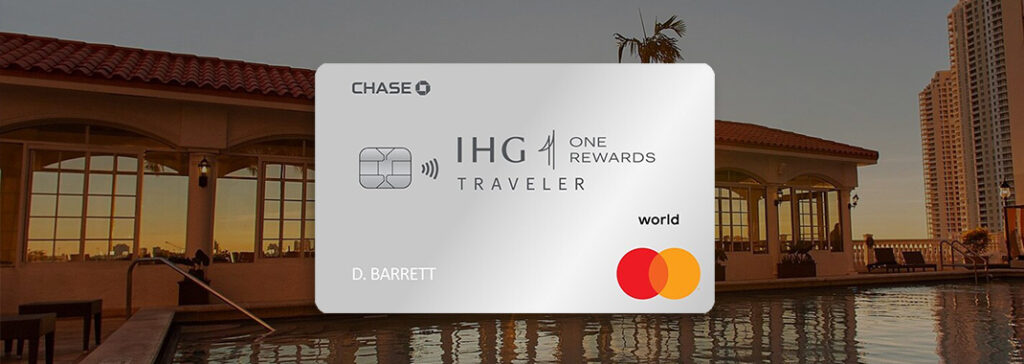Most products on this page are from partners who may compensate us. This may influence which products we write about and where and how they appear on the page. However, opinions expressed here are the author's alone, not those of any bank, credit card issuer, airline or hotel chain. This page may include information about American Express products currently unavailable on Slickdeals. American Express is not a partner of Slickdeals.
Having a bad credit score can make your financial life unnecessarily difficult. Not only do bad scores make approvals for mortgages, auto loans and credit card accounts challenging, but they also impact the price you'll pay for certain services, like car insurance and rent.
Before Applying How to Get a Credit Card with Bad Credit
Before you apply for a credit card or any other form of financing, it's wise to do a little prep work. Make sure your credit is in the best shape possible (at least for the time being) to improve your approval odds.
-
1
Check your three credit reports.
It's essential to check your credit reports with Equifax, TransUnion, and Experian several times a year. You can claim a free copy of your three reports once every 12 months from AnnualCreditReport.com. Similarly, both Credit Karma and Experian provide free tools to improve and monitor your credit score directly from apps on your phone.
-
2
Dispute credit errors.
Once you download your credit reports, review them carefully for mistakes. If you find any, the Fair Credit Reporting Act gives you the right to dispute them. When you dispute an error, the credit bureau processing your investigation has 30 days to verify the account or delete it from your credit report. You can find information about how to submit a credit dispute on the CFPB website.
-
3
Catch up on any late payments.
Are you past due on any current credit obligations? If so, it's wise to bring those accounts current before you fill out applications for new credit.
-
4
Pay down credit card balances.
If you already have other credit cards established, pay your balances down as much as possible before you apply for a new account. A $0 balance is ideal. Not only could paying down your credit cards potentially improve your credit scores, but it could also lower your debt-to-income ratio. Either way, you might look better on a new credit application.
Yet, it is possible to improve your credit score and turn your personal finances around. A great way to begin building a healthy credit score is by getting a credit card created with bad scores in mind.
Even if you’re relatively new to credit or have poor credit, following these steps will help you get a credit card with bad credit. Start by looking for secured credit cards and credit cards designed to help you rebuild your score.
 Related Article
Related Article
Experian Boost® Review: Instantly Increase Your Credit Scores for Free
But there’s a lot more that goes into the process than you might think, especially if you want to get the right credit card for your situation. And, above all, you'll need to change your relationship with spending and credit to see lasting change.
Best Credit Cards for Bad Credit
Even the best credit cards for fixing bad credit won't solve all of your credit problems. But finding the right account can be a great step in the right direction, as long as you use it responsibly.
| Cash-back options | Flexible payment options | Foreign transaction fees | Credit line increases | Refundable security deposits | Refunds on deposits via statement credits | Social security number to apply | |
|---|---|---|---|---|---|---|---|
|
No |
Yes |
Yes |
Yes |
Yes |
Yes |
Yes |
|
|
No |
No |
Yes |
Yes |
Yes |
No |
Yes |
|
|
Yes |
No |
No |
Yes |
No deposit needed |
n/a |
Yes |
|
|
No |
Yes |
Yes |
Yes |
Yes |
Yes |
No |
|
|
Bank of America® Customized Cash Rewards Secured Credit Card |
Yes |
No |
Yes |
Yes |
Yes |
No |
Yes |
|
Yes |
No |
Yes |
Yes |
No deposit needed |
n/a |
Yes |
|
|
Yes |
No |
Yes |
Yes |
No deposit needed |
n/a |
Yes |
|
|
No |
No |
Yes |
Yes |
Yes |
No |
Yes |
|
|
Assent Platinum 0% Intro Rate Mastercard® Secured Credit Card |
No |
No |
Yes |
No |
Yes |
No |
Yes |
|
Yes |
No |
No |
Yes |
Yes |
Yes |
Yes |
|
|
No |
No |
Yes |
No |
Yes |
Yes |
Yes |
Want to take a deeper look at your available options? Check out our Slickdeals guide to the best credit cards for bad credit.
What Is Bad Credit?
Credit card issuers and lenders use credit scores to help predict the risk of doing business with you. In the U.S., 90% of top lenders use FICO scores to guide their decision-making processes.
Base FICO scores range from 300–850. A higher credit score means you're less likely to become 90 days late on a credit obligation within the next 24 months. Although credit card issuers may use different versions of the FICO score, the chart below shows what lenders may consider as bad, good and excellent credit.
What is your credit type?
- 579 and Lower: Poor
- 580–669: Fair
- 670–739: Good
- 740–799: Very Good
- 800 and Higher: Exceptional
What are the major credit bureaus?
There are three major credit-reporting agencies in the U.S. While their methods and scoring models vary, all three essentially do the same things — analyze and compile the financial activity of borrowers to provide creditworthiness scores to banks and lenders.
- TransUnion: Provides both FICO scores and VantageScores to lenders, creditors and private companies.
- Equifax: Also offers both FICO scores and VantageScores — yet it calibrates these scores with its proprietary Equifax Credit Score Model.
- Experian: It's known for providing FICO 8 scores, but Experian's website does say it provides other FICO scoring models and VantageScores.
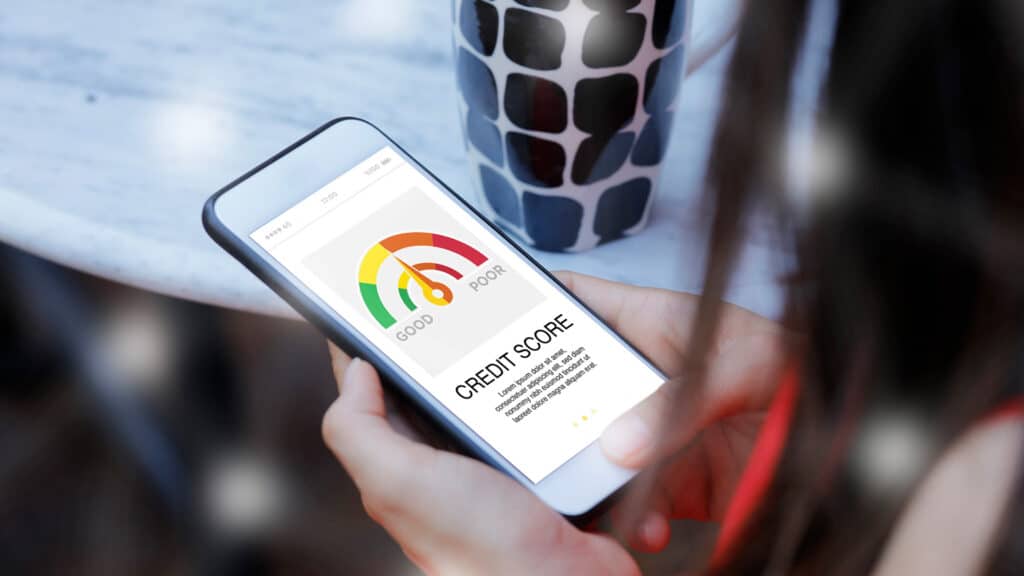
Equifax, Experian and TransUnion Are Now Offering Everyone Free Credit Reports Every Week
How to Choose a Credit Card When You Have Bad Credit
Before you start reviewing credit card offers, it's wise to check your credit and acknowledge where you stand. If your credit score falls into the "fair" or "poor" range, you don't want to start applying for cards that require an excellent credit rating for approval. Instead, it's better to start with cards you're more likely to qualify for now.
When you find cards that seem like a good fit for your credit profile, you can weigh the pros and cons of different accounts side by side. Here are some questions to help guide the process.
- Secured Cards: What is the size of the security deposit? How easy is it to get my deposit returned in the future?
- Unsecured Cards: Is the account more expensive than a secured card with a refundable deposit? Can I graduate to a better card later?
- Fees: Does the card issuer charge an annual fee? Do additional fees apply?
- Rewards: Does the card offer cash back or other rewards for purchases? What is the rewards rate?
How to Improve Your Credit Score
Your credit scores are 100% based on the information found on your credit reports. So, if you want to boost your credit scores, you need to focus on improving the information that influences those important numbers.
- Make on-time payments: Keep every payment on time. Payment history affects 35% of your FICO scores.
- Keep up monthly payments: Whenever you can, pay your credit card balances in full each month. Set up a payment schedule to at least make the minimum payments.
- Lower your credit utilization ratio: Credit utilization (aka your credit card balance-to-limit ratio) has a big influence over 30% of your FICO scores. It's crucial to keep your balances paid down on low-limit credit cards, like the ones you may qualify for when you're building credit. Regular payments help keep your ratio down.
- Don't close unused credit cards: This could raise your credit utilization and potentially lower your scores.
- Review your credit reports often: If fraud or mistakes happen on your credit reports, it can harm your scores. It's your responsibility to notify the credit bureaus if a credit reporting problem comes up.
- Watch out for credit inquiries: Apply for new credit strategically. When you apply for new credit, a "hard inquiry" is added to your credit report and might impact your score in a negative way. You don't have to be afraid to apply for credit, but you should avoid too many hard inquiries in a 12-month period.
 Related Article
Related Article
Here’s How Netflix Can Now Improve Your Credit Score
Frequently Asked Questions
-
While it’s generally agreed that there is no such thing as a “credit blacklist,” your credit card issuer reserves the right to refuse your business and cancel your lines of credit. They may do this for a variety of reasons, including suspicious activity and “gaming” its rewards program. Your issuer may block you for a set period of time, like 10 years, or indefinitely.
-
Yes, in most cases, you can use your cash-back rewards to pay off your credit card balances. But it does depend on the redemption policies of your specific credit card. Most card issuers encourage redeeming cash-back rewards and points towards your balances in the form of a statement credit.
-
Generally, a credit limit increase will improve your credit score because it increases your amount of available credit and lowers your credit utilization ratio. However, more credit reduces the average age of your credit and will often be accompanied with a hard inquiry (or hard pull) on your credit report — both events will negatively impact your overall score. Still, the negative impact will be temporary.
-
The best time to ask for a credit line increase is when you actually don’t need one. For example, your credit increase request is more likely to be approved when you’re making more money than you did when you originally applied for your credit card, or your credit score has improved. Credit card issuers generally want to limit risk. So if you ask for more credit when your credit score is poor, or when your credit is already near its limit, your request is likely to be denied.
Bottomline
Credit cards have a reputation for causing people to go into debt. Yet the idea that opening credit cards is a bad financial choice isn’t fair or accurate. You get to decide how you will use your credit cards, just as you get to decide how you’ll use the money in your bank account.
If you feel confident that you can manage your credit cards responsibly (paying on time and in full every month), your accounts can be an asset instead of a burden. A well-managed credit card may help you to establish better credit scores over time and can help you take advantage of some valuable rewards.
Save More With A No Annual Fee OfferBest No Annual Fee Credit Cards
Visit the Marketplace